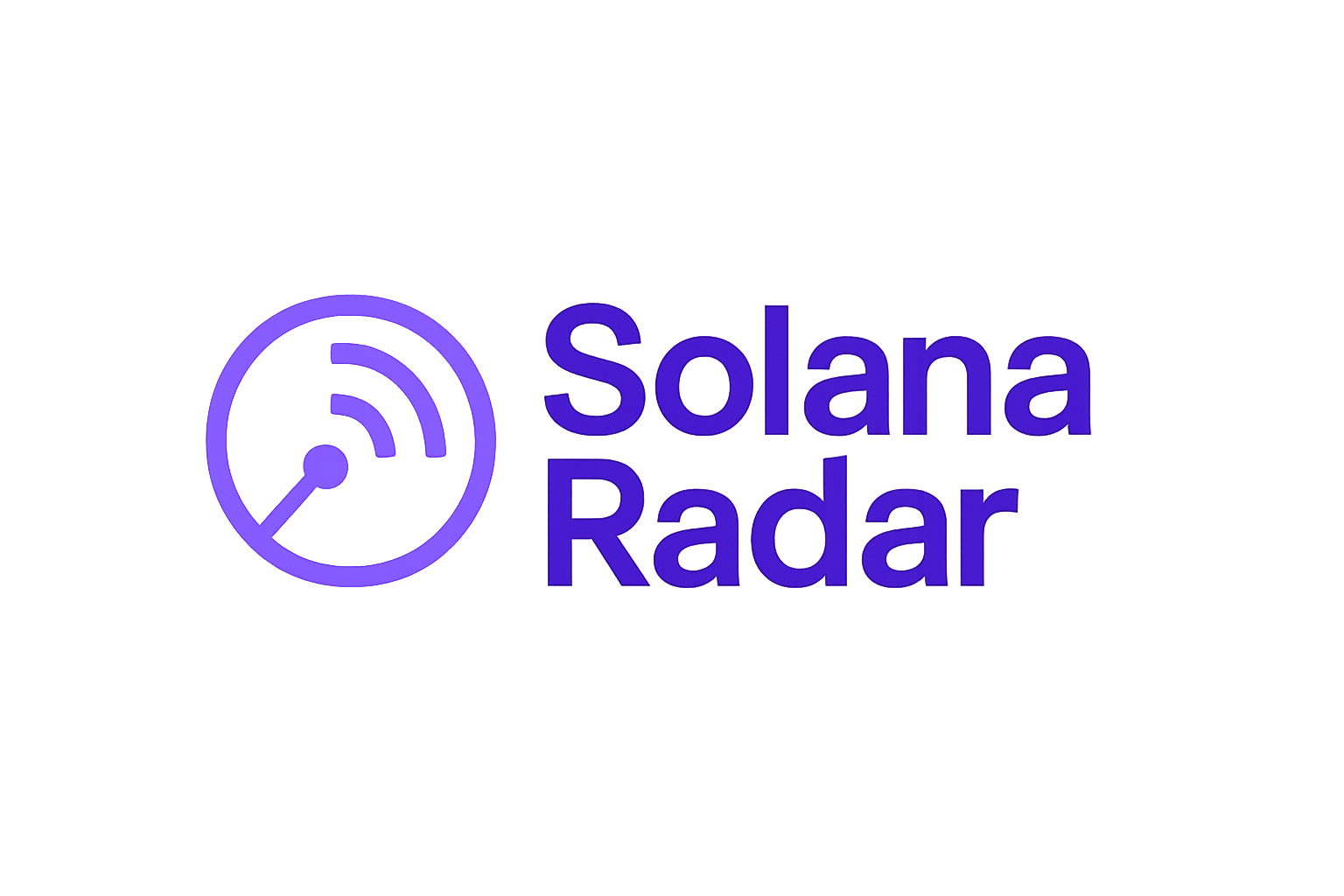Solana Privacy and Zcash: Why Onchain Privacy Matters for the Future of Crypto

Privacy is back at the center of the crypto conversation, and it’s not just a passing trend. With the recent surge in Zcash (ZEC) – which is now trading at $267.62 after a 17.16% daily jump – the market is signaling that onchain privacy is more than a niche concern. In fact, Zcash’s meteoric rise, with a 223% gain in October alone, has reignited debates about how privacy tech like zk-SNARKs, shielded wallets, and cross-chain swaps are shaping the future of decentralized finance. As Solana pushes new frontiers in speed and scalability, its ecosystem is also eyeing privacy as a core pillar for mainstream adoption.
Why Crypto Privacy Is Heating Up in 2025
Let’s call it what it is: privacy coins are having their renaissance. Zcash has reclaimed the spotlight, not only because of its price action but due to an institutional wave of interest and technological upgrades that make private transactions easier than ever. According to official sources, about 20% of ZEC’s total supply now sits in shielded addresses – a massive leap in adoption. Tools like the Zashi wallet, which forces users to shield funds before spending, have lowered the technical bar for privacy onchain, making it accessible to everyone from DeFi power users to NFT flippers.
But why does this matter? In 2025, your onchain footprint is more visible than ever. Every swap, stake, or NFT mint leaves a permanent trail. For many users (and not just whales), this transparency is double-edged: it’s great for trust but dangerous for personal security and alpha leaks. That’s why projects across Solana and Ethereum are racing to integrate privacy layers, either natively or through cross-chain bridges with established players like Zcash.
Zcash’s Surge to $267.62: The Privacy Narrative Roars Back
On October 15,2025, Zcash (ZEC) hit $267.62, smashing through its previous resistance levels and clocking a 17.16% daily gain. This wasn’t just retail FOMO. The move followed weeks of mounting institutional interest, with big players betting that privacy will be a key differentiator in the next DeFi cycle. The surge also coincides with regulatory debates about privacy coins’ role in financial freedom versus illicit activity – but for now, users are voting with their wallets.
What’s turbocharging this rally? It’s all about zk-SNARKs (zero-knowledge succinct non-interactive arguments of knowledge). These cryptographic proofs let users hide sender, receiver, and amount without sacrificing network integrity. Unlike Bitcoin or even most Solana tokens, Zcash lets you transact in stealth mode while still being fully compliant onchain. That’s why it’s become the de facto bridge for those wanting to swap between public and private assets.
Zcash (ZEC) Price Prediction 2026-2031
Comprehensive forecast considering privacy narrative, regulatory trends, and Zcash innovations
| Year | Minimum Price | Average Price | Maximum Price | Annual % Change (Avg) | Key Market Scenario |
|---|---|---|---|---|---|
| 2026 | $195.00 | $265.00 | $360.00 | -0.9% | Regulatory headwinds, privacy adoption grows steadily |
| 2027 | $170.00 | $240.00 | $410.00 | -9.4% | Potential regulatory crackdowns, but shielded tech advances |
| 2028 | $210.00 | $285.00 | $520.00 | +18.8% | Renewed privacy demand, DeFi integration, bullish sentiment |
| 2029 | $275.00 | $370.00 | $650.00 | +29.8% | Mainstream privacy adoption, institutional entry |
| 2030 | $320.00 | $430.00 | $770.00 | +16.2% | Wider use cases, improved wallet tech, regulatory clarity |
| 2031 | $290.00 | $410.00 | $900.00 | -4.7% | Market consolidation, strong tech but increased competition |
Price Prediction Summary
Zcash (ZEC) is poised for a volatile but promising future, driven by privacy adoption, technological innovation, and regulatory developments. After 2025’s explosive growth, 2026-2027 may see consolidation and correction due to possible regulatory actions. However, from 2028 onward, as privacy becomes increasingly valued and Zcash’s tech matures, prices could climb significantly. The long-term outlook remains bullish should regulatory clarity improve and privacy coins gain mainstream acceptance.
Key Factors Affecting Zcash Price
- Regulatory developments regarding privacy coins in major markets (US, EU, Asia)
- Continued technological advancements in zk-SNARKs and shielded transactions
- Adoption of privacy features by DeFi and mainstream wallets (e.g., Zashi)
- Institutional and retail demand for confidential transactions
- Potential competition from newer privacy tech and blockchain platforms
- Overall crypto market cycles and Bitcoin’s performance
- Market perception of privacy as a fundamental blockchain value
Disclaimer: Cryptocurrency price predictions are speculative and based on current market analysis.
Actual prices may vary significantly due to market volatility, regulatory changes, and other factors.
Always do your own research before making investment decisions.
Solana Privacy Solutions: Is Solana Ready for Shielded Transactions?
The Solana ecosystem has always been about speed and scale, but privacy wasn’t top-of-mind… until now. With DeFi volumes exploding on Solana, projects like Voidify and new protocol-level proposals are aiming to bring Solana privacy technology up to par with heavyweights like Zcash. The goal? Allow users to make shielded swaps or private NFT trades without leaving the Solana chain or relying on clunky bridges.
This isn’t just theoretical. The narrative shift is already impacting token prices and developer activity. When Mert Mumtaz (CEO of Solana) tweeted about Zcash’s price rally and hinted at deeper integration between Solana and privacy protocols, both ecosystems saw an instant spike in attention. If Solana can crack native privacy while maintaining its legendary throughput, it could unlock entirely new use cases: think anonymous DAOs, private auctions, or stealth DeFi strategies that don’t leak alpha on public mempools.
But let’s get tactical: what does all this mean for traders and everyday users? First, the rise of privacy-centric protocols is already reshaping liquidity flows. As more users opt for shielded transactions, the demand for privacy swaps and cross-chain bridges is exploding. This creates fresh arbitrage opportunities and novel DeFi products, especially as Solana devs explore integrating Zcash-style privacy directly into their dApps.
Top Solana Privacy Projects vs. Zcash
-
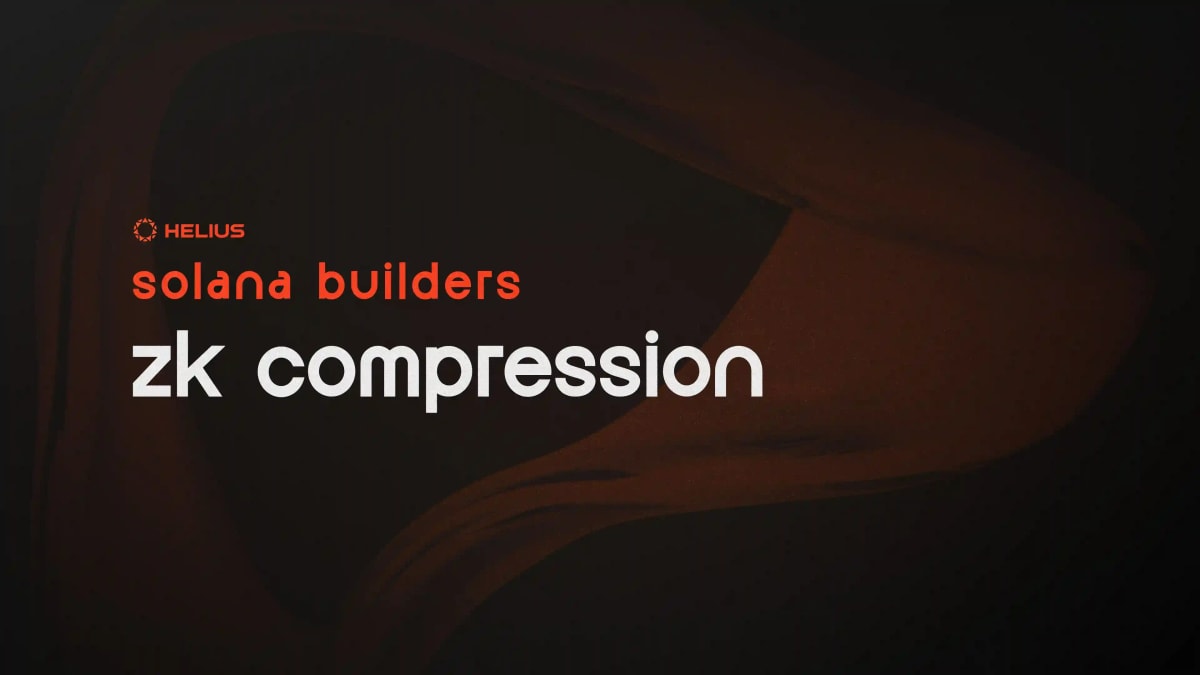
Light Protocol: Light Protocol brings zk-SNARK privacy to Solana, enabling confidential transactions and private token transfers directly on the network. Unlike Zcash, which offers opt-in privacy via shielded addresses, Light Protocol is fully integrated with Solana’s high-speed infrastructure, allowing for private DeFi and NFT interactions. Learn more.
-
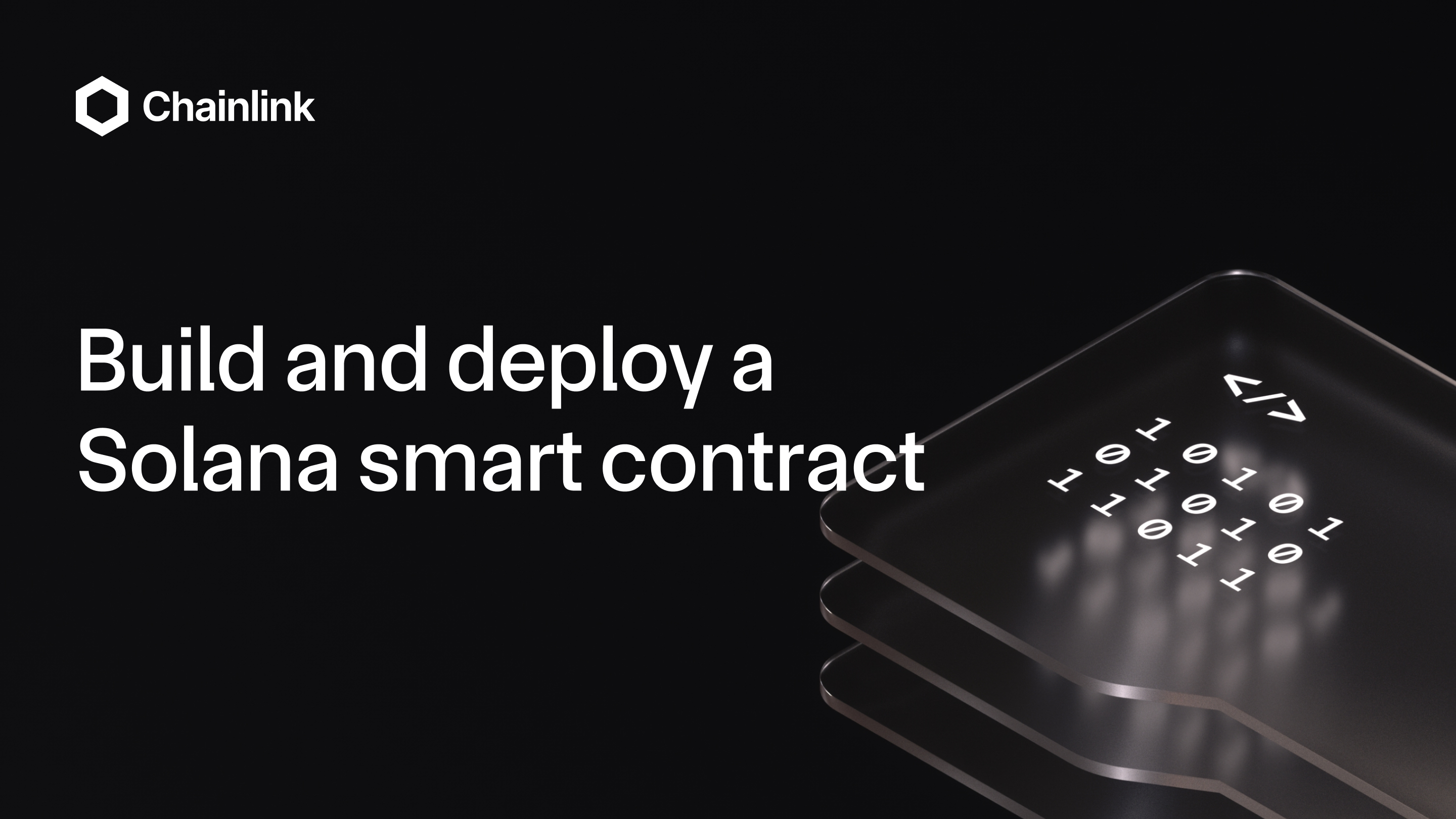
Noir: Noir is a privacy-focused smart contract platform built on Solana, leveraging zero-knowledge proofs for private computation and data privacy. While Zcash specializes in shielded payments, Noir enables developers to build privacy-preserving dApps, expanding Solana’s privacy use cases beyond simple transactions. Explore Noir.
-
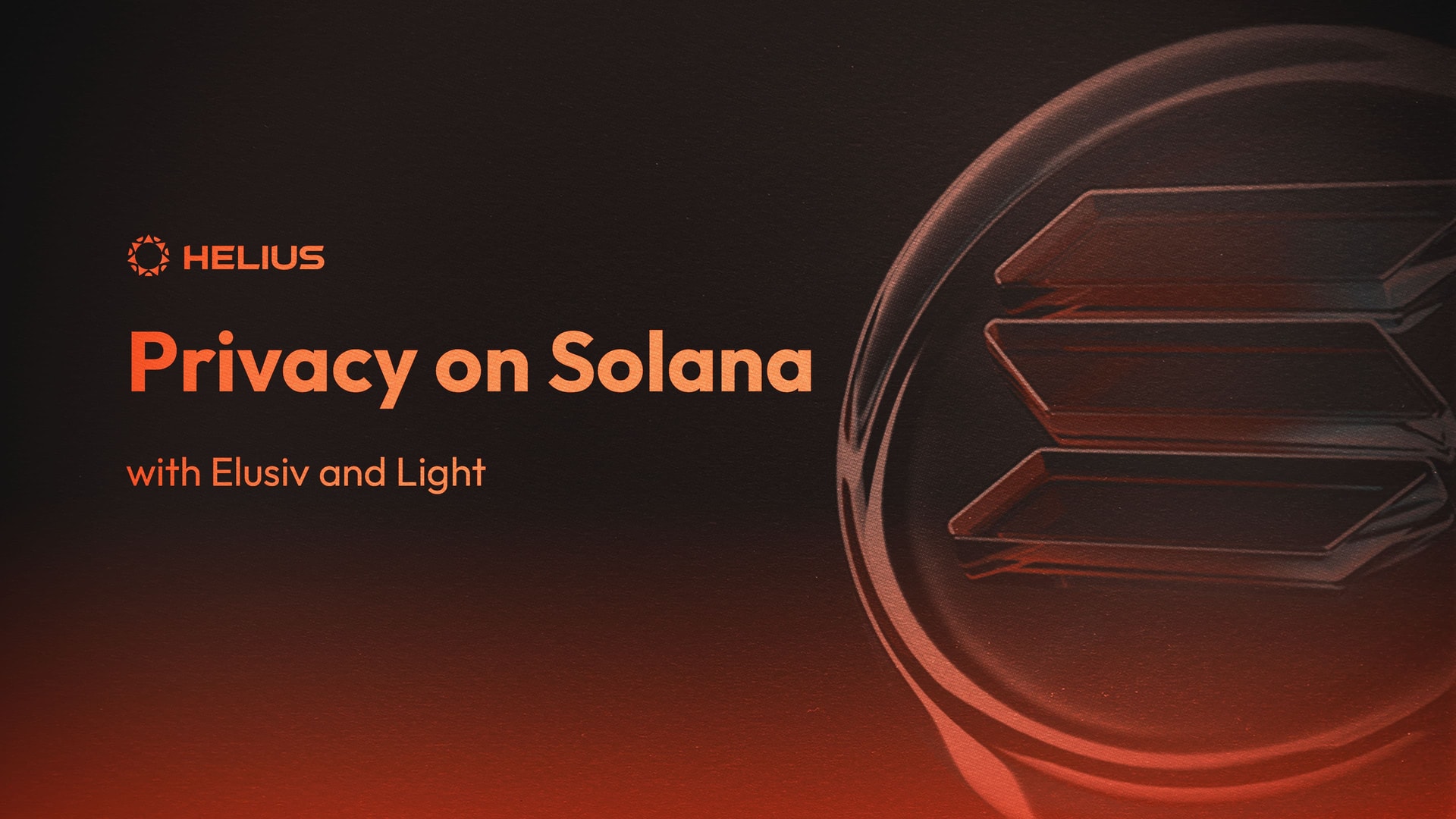
Elusiv: Elusiv provides a privacy layer for Solana, allowing users to send and receive tokens privately through zero-knowledge proofs. Compared to Zcash’s shielded transactions, Elusiv offers a seamless user experience for private payments and swaps within the Solana ecosystem. Discover Elusiv.
-
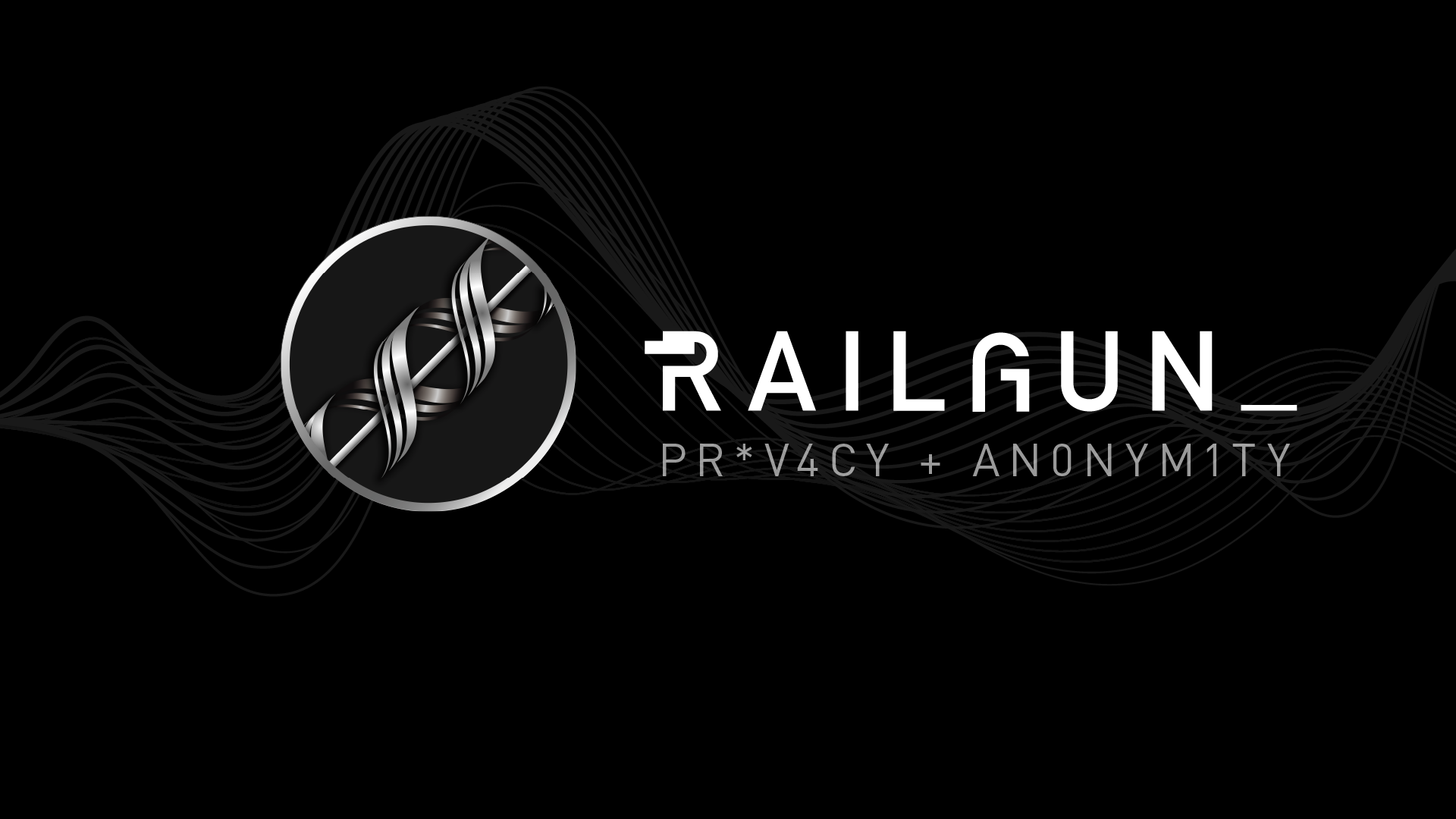
Railgun: Originally launched on Ethereum, Railgun has expanded to support Solana, offering private transfers, swaps, and DeFi interactions using zk-SNARKs. While Zcash focuses on privacy at the layer-1 coin level, Railgun enables privacy across multiple chains, making it a versatile option for users seeking cross-chain confidentiality. See Railgun in action.
-
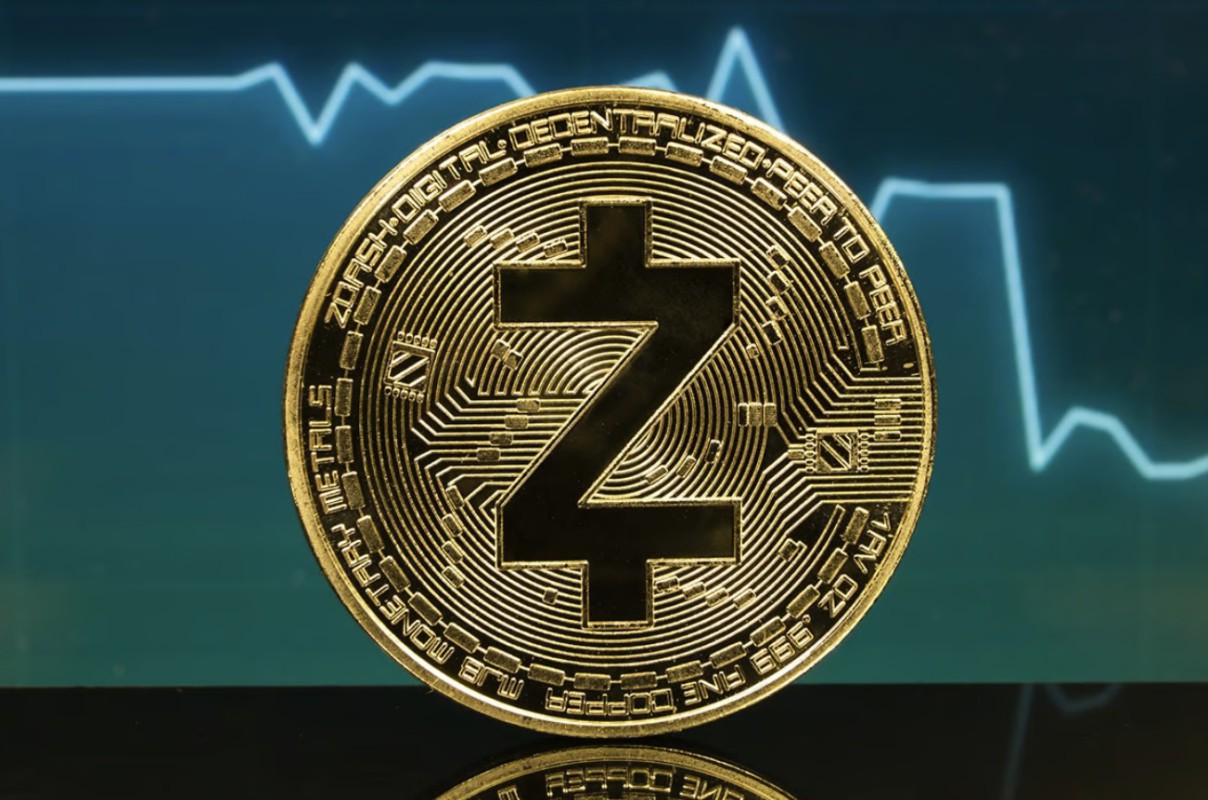
Zcash (ZEC): The gold standard for privacy coins, Zcash leverages zk-SNARKs to deliver opt-in privacy, shielding sender, receiver, and transaction amount. As of October 15, 2025, Zcash trades at $267.62 and continues to lead the privacy narrative with robust adoption and institutional interest. Unlike Solana privacy projects, Zcash’s privacy is native to its blockchain and has a proven track record, but faces regulatory scrutiny due to its advanced privacy features. Zcash official site.
Of course, there are hurdles. Regulatory scrutiny is at an all-time high. Zcash’s privacy features, while celebrated by cypherpunks, have drawn the gaze of global watchdogs concerned about illicit finance. In July 2025, only about 20% of ZEC’s supply was shielded, largely due to past friction in using privacy tools and ongoing compliance uncertainty. But wallets like Zashi are changing the game, making it seamless to shield funds and spend privately. For Solana, the challenge is even steeper: how to implement privacy without sacrificing speed or running afoul of regulators.
What’s Next for Onchain Privacy?
The privacy narrative isn’t cooling down. With Zcash sitting at $267.62 and Solana-based privacy protocols gaining traction, the next wave is likely to be about interoperability. Imagine a world where you can swap from a Solana SPL token into ZEC, shield your assets, and then bridge back – all in a few clicks, with zero-knowledge proofs securing your tracks. This isn’t sci-fi. It’s already being prototyped, and the market is hungry for it.
For traders, this means a new frontier of alpha: stealth swaps, private staking pools, and airdrops that reward users for privacy adoption. For builders, it’s a call to arms to create user-friendly privacy layers that don’t sacrifice UX or compliance. And for the broader crypto community, it’s a reminder that financial freedom and privacy are as relevant in 2025 as ever.

Want to see how the market’s reacting in real time? Check out the live Zcash price and watch for the next big move. With privacy tokens like ZEC leading the charge, and Solana racing to catch up, the next few months could redefine what’s possible in DeFi.
Should privacy be a default feature on all major blockchains?
With privacy coins like Zcash (ZEC) surging to $267.62 and gaining traction for their advanced privacy features, the debate around onchain privacy is heating up. While privacy can protect user data and financial autonomy, it also faces regulatory scrutiny. What do you think?
